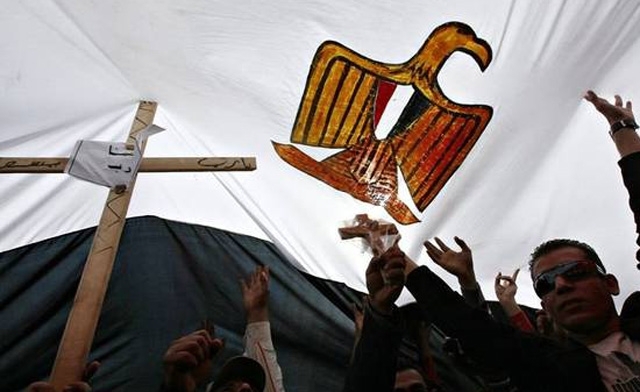Egypt’s parliamentary health affairs committee will discuss a draft law to establish a medical emergency response fund, two months after it gained cabinet approval.
The draft law was referred to the committee by Parliament Speaker Ali Abdel Aal last Thursday.
Member of Parliament Ayman Abu Al-Ela said that the proposed fund would act as an executive body to finance medical emergencies. It will cover urgent incidents as accidents, pandemics, and intensive care cases, as the already allocated funds in the budget are insufficient.
A board of trustees will be formed under the Prime Minister’s chairmanship, as a high-level committee capable of creating resources to face emergency situations.
Abu Al-Ela said this is an important step as we are facing a clinical phase to manufacture a vaccine against the novel coronavirus (COVID-19), and create a mechanism for its disbursement. He added that all of this needs financing which cannot be covered by Egypt’s current health budget.
He said that the proposed fund’s board of trustees will set general policies for the disbursement and follow-ups, whilst also evaluating the work of the fund’s board of directors. It will also consider the sustainability of financing for certain medical services, particularly since the Central Bank of Egypt (CBE) Governor would be a board member.
The law states that the fund will submit a quarterly report to the President about its activities.
Abu Al-Ela said that the House of Representatives will hold a plenary session on 1 November, with the parliamentary health committee most likely having a month to discuss the law, as determined by the committee’s bureau. When it is ready, it will be included in the plenary session’s schedule for voting.
The draft law stipulates that the system of family health funds in governorates established by Decree of the Minister of Health and Population No. 147 of 2003 shall be applied.
According to the law, the fund aims to offer stable financing of the services provided by the Ministry of Health and Population to citizens in the field of prevention, treatment, and rehabilitation.
It will work to end patient waiting lists and preventing their accumulation, in addition to supporting the purchase of medicines. It will also provide finance for the aftermath of major accidents, as well as for emergencies, intensive care cases, premature children, and burns as well as new needs that the available funds in the state budget are not sufficient to cover.


